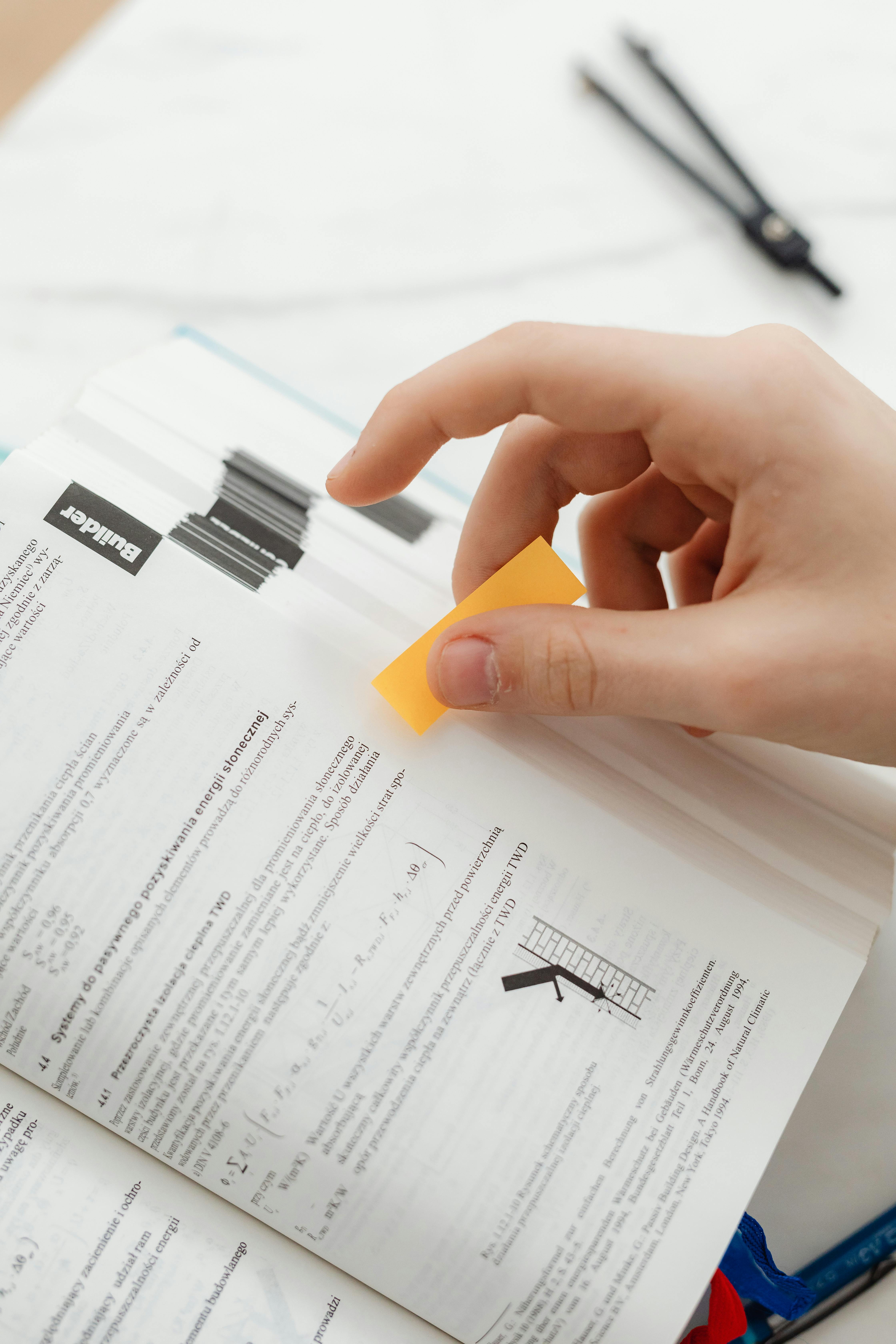Essential Tips for Studying for Finals: Maximize Your Study Success
Final exams can be daunting, but with the right strategies, you can approach them with confidence and success. Studying for finals requires more than just cramming; it demands effective planning, smart study techniques, and stress management. In this guide, we will share expert tips for studying for finals that will help you prepare efficiently and perform at your best. Whether you’re a first-time test taker or a seasoned student, these tips will set you on the path to success.

Understanding the Fundamentals
Before diving into study techniques, it’s essential to understand the basics of effective study habits. When preparing for finals, understanding your study materials and organizing your time are crucial first steps. Good study habits start with setting clear goals and creating a solid study plan. A systematic approach can greatly enhance your performance and reduce stress during finals.
By breaking down your study material and tackling it in chunks, you’ll reduce the overwhelm that often accompanies studying for finals. Starting early and being consistent with your study sessions will also improve retention and understanding. This section will help you understand the essential study principles for finals preparation.
1.1 Time Management for Finals
Effective time management is a key component of successful final exam preparation. It’s important to allocate specific blocks of time for different subjects, balancing your priorities based on difficulty and personal proficiency. Studies show that breaking study sessions into intervals, such as the Pomodoro technique, improves focus and productivity.
Using a planner or a digital calendar can help you map out study sessions and avoid last-minute cramming. Be sure to include breaks to keep your brain fresh and avoid burnout. Aim to study for 25-50 minute intervals with 5-10 minute breaks in between. It’s all about creating a sustainable routine that you can maintain up until exam day.
1.2 Active Learning Techniques
Active learning is an effective method that involves engaging directly with your study material. Instead of passively reading textbooks, try summarizing concepts in your own words, creating flashcards, or teaching the material to someone else. This technique boosts memory retention and comprehension.
By testing yourself regularly, you can identify weak areas that need more focus. Active recall and spaced repetition are proven methods to increase long-term retention and can help you retain more information leading up to the exam.
Practical Implementation Guide
Now that you have a foundational understanding of study techniques, it’s time to put them into practice. Implementing your study plan effectively involves breaking down your tasks, creating a productive environment, and managing distractions. Here’s a practical guide to help you execute your study strategy.

2.1 Actionable Steps
- Step 1: Set Clear Study Goals: Define your objectives for each study session. Are you aiming to understand a particular chapter or memorize key terms? Break down your goals into manageable tasks.
- Step 2: Gather Study Materials: Collect all necessary materials, such as textbooks, notes, and online resources. Having everything in one place reduces distractions.
- Step 3: Create a Study Schedule: Plan your study sessions based on your exam dates. Use tools like Google Calendar or a physical planner to organize your sessions. Allocate more time to difficult subjects while ensuring you cover all topics.
2.2 Overcoming Challenges
Even with a solid study plan, you may encounter obstacles. Below are some common challenges and how to overcome them:
- Distractions: Minimize distractions by creating a study space free from phones and other interruptions. Use apps like Focus@Will to help maintain concentration.
- Procrastination: Combat procrastination by setting small, achievable study goals. Use the two-minute rule: if a task will take two minutes or less, do it right away.
- Burnout: To avoid burnout, ensure you’re getting enough sleep, eating well, and taking regular breaks during study sessions.
Advanced Applications
Once you have mastered the basics, it’s time to apply more advanced study techniques that can further enhance your performance. These strategies are particularly helpful when preparing for more complex exams or subjects.

3.1 Mind Mapping and Visualization
Mind mapping is a powerful technique for organizing information in a way that makes it easier to understand and recall. By creating a visual representation of key concepts and their relationships, you can improve both comprehension and memory. This technique is especially useful for subjects that require a lot of conceptual understanding.
For example, if you’re studying biology, you could map out the process of cell division, including each stage and its key components. This will help you visualize and internalize the material better than just reading through notes.
3.2 Group Study and Collaboration
Group study can be an effective way to tackle difficult topics, as discussing ideas with peers can offer new perspectives and insights. When studying in a group, divide the material among members and have each person explain their section to the group. This technique helps reinforce what you’ve learned and identifies gaps in understanding.
However, ensure that the group remains focused and organized. Set specific objectives for each session to avoid wasting time.
Future Outlook
As technology continues to evolve, so do the tools available for studying. From AI-driven study apps to virtual study groups, the future of studying for finals looks promising. Advances in digital learning platforms and interactive study tools will make preparation more efficient and accessible.
Students can expect to see a shift towards personalized learning experiences, with tools that adapt to individual learning styles. To stay ahead, begin exploring these emerging tools today to see how they can complement your current study methods.
Conclusion
In conclusion, studying for finals doesn’t have to be overwhelming. By focusing on time management, active learning, and using practical strategies, you can improve your chances of success. Remember to apply advanced techniques like mind mapping and group study when needed to boost performance even further.
Start today by creating a structured plan, and stay consistent in your efforts. With the right approach, you’ll not only perform well on your finals but also improve your overall study habits for future success.
Frequently Asked Questions
- Q: How can I manage time effectively while studying for finals? Time management is key! Break study sessions into focused intervals, use a calendar to plan, and prioritize subjects based on difficulty.
- Q: What are some tips for getting started with studying for finals? Start early, create a study schedule, and use active learning techniques to reinforce your understanding of the material.
- Q: How much time should I spend studying each day? It varies, but aim for 2-4 hours a day for consistent study. Increase study time as the exam date approaches, but don’t neglect breaks.
- Q: How much do study materials cost? Costs can vary. Textbooks might be expensive, but many study resources are free or low-cost online.
- Q: Should I study alone or in a group? Both methods have their benefits. Study alone for deep focus and in a group for discussion and diverse perspectives.
- Q: Is studying for finals difficult? It can be, but with a structured plan and the right strategies, you can reduce stress and improve your chances of success.
- Q: How can I tailor my study habits to my specific course? Focus on the key concepts of your course and adjust study techniques based on the subject matter. For example, use flashcards for subjects that require memorization.
